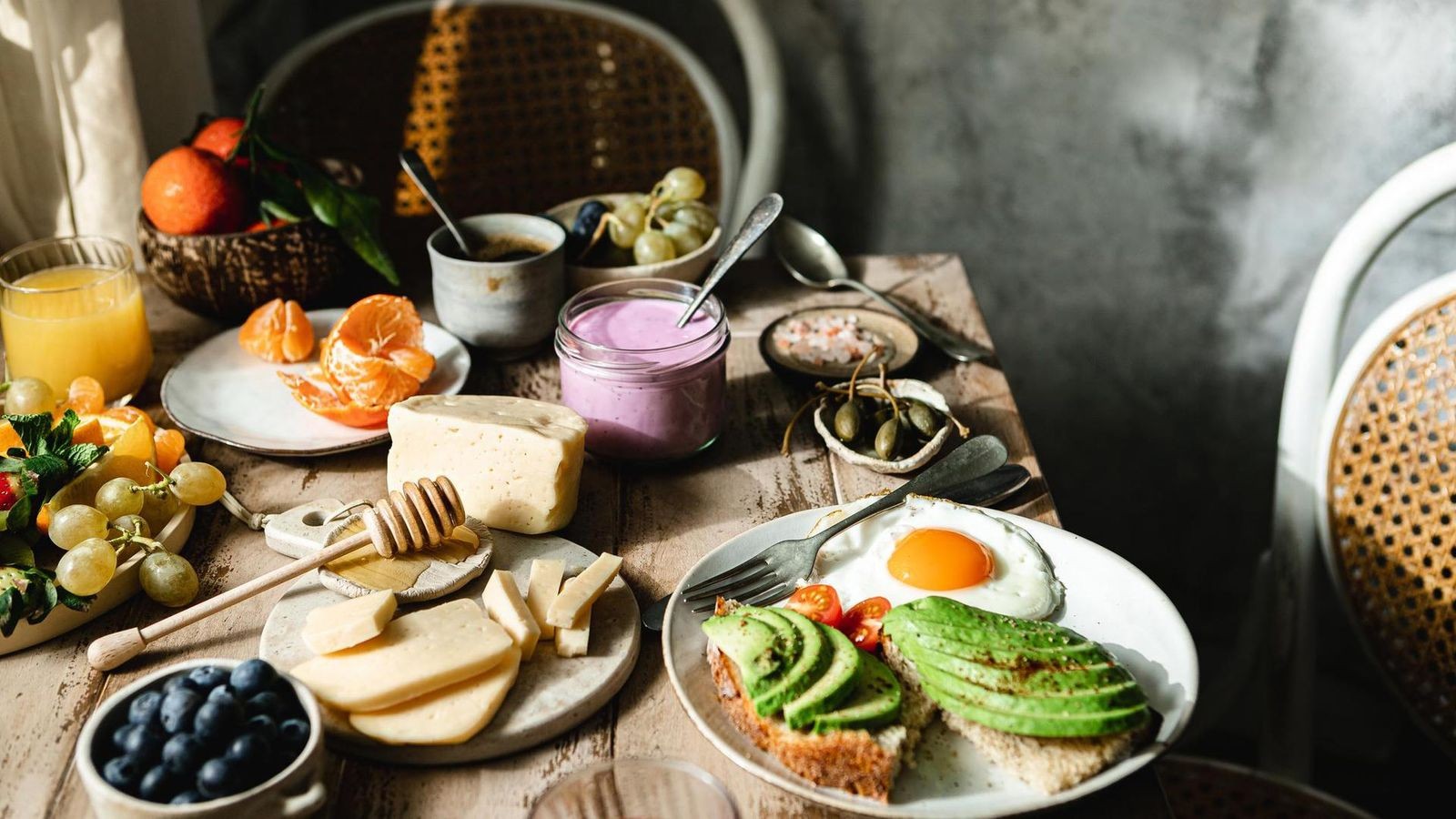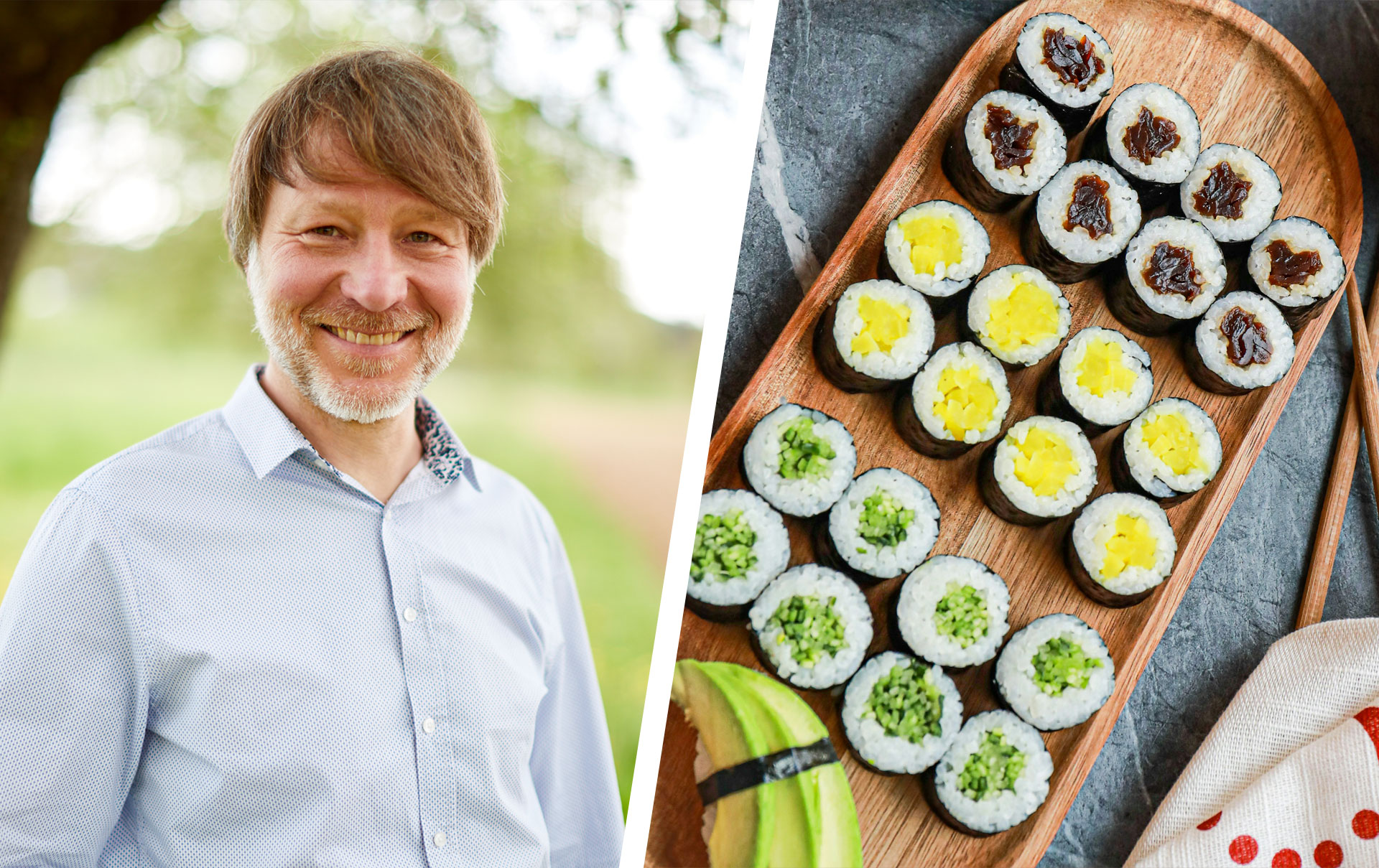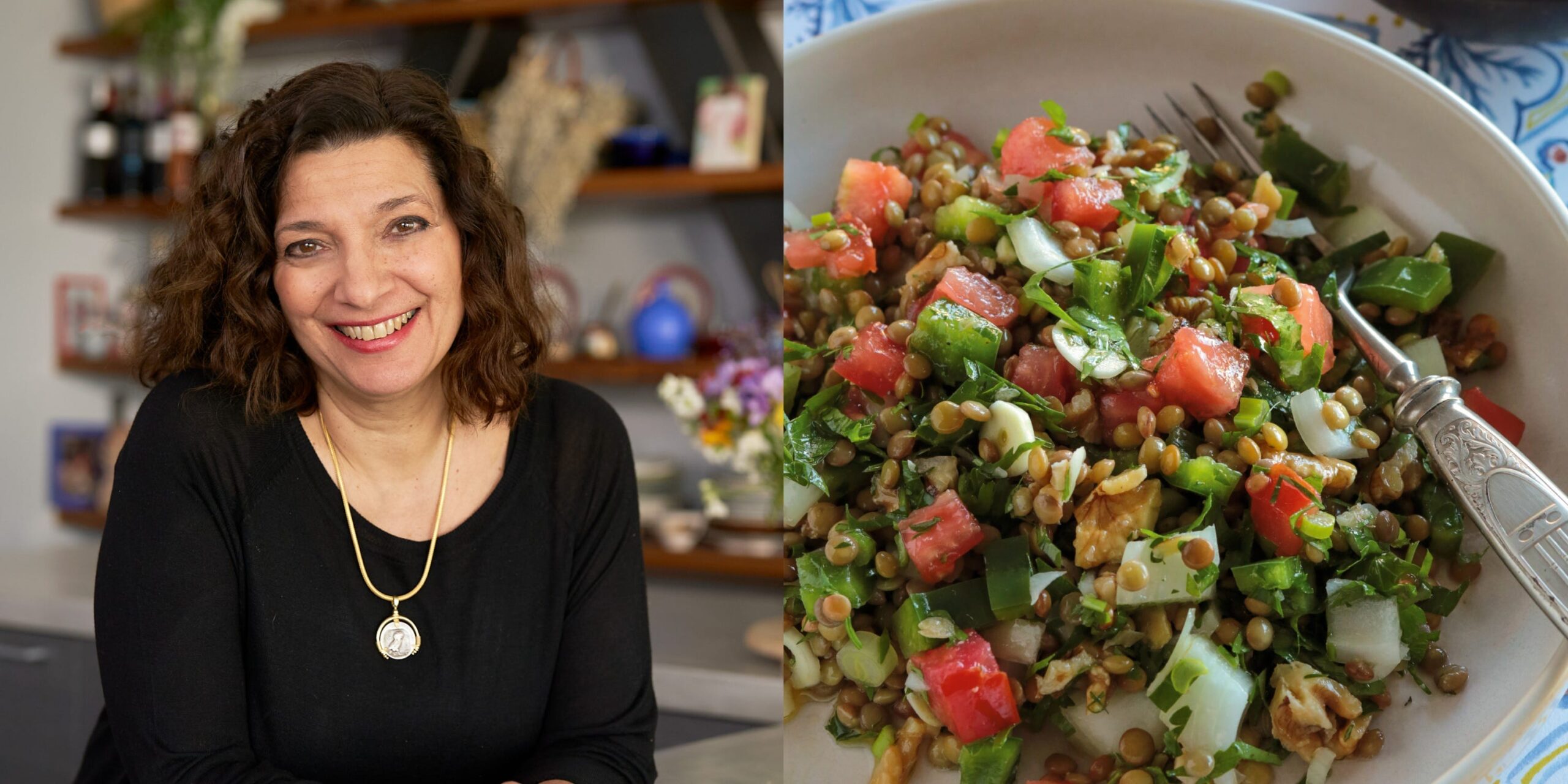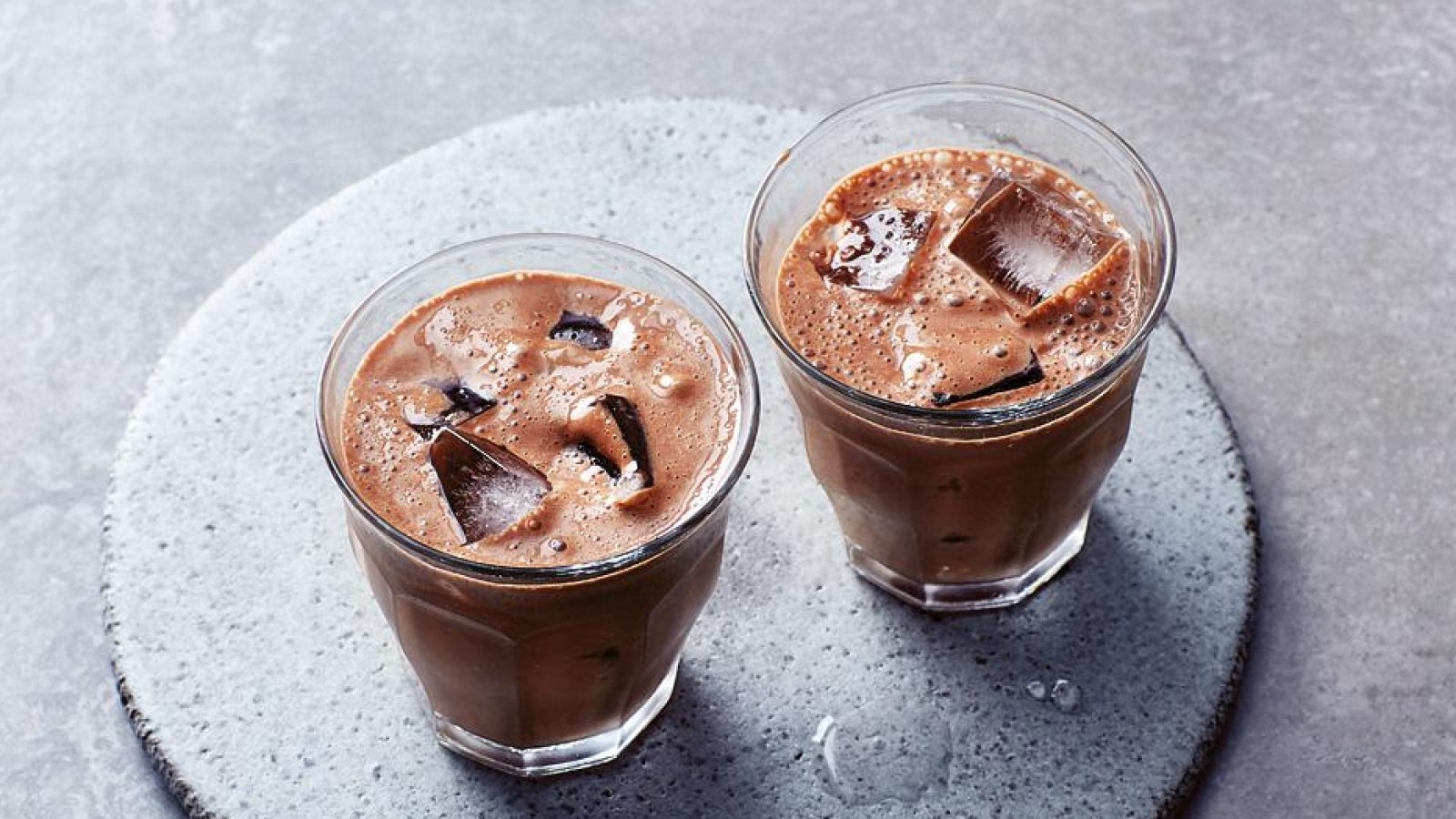Berlin. Porridge, yogurt or cheese sandwich in the morning? What rule you should follow at breakfast and how many cups of coffee are healthy.
Some people like a hearty breakfast with rolls, sausage and cheese, others prefer yoghurt and fruit. Still others swear by classic porridge, which has become extremely popular in recent years and is now considered a breakfast superfood. But are oatmeal in the morning really the best way to start the day? What is the healthiest breakfast?
The two nutrition experts Michaela Axt-Gadermann and Carolin Kotke give surprising answers – and recommend an important nutritional rule.
Oatmeal for breakfast – really healthy in this form
The good news first: There is good reason why porridge has become a breakfast favorite. Oatmeal is actually extremely healthy. It is packed with important nutrients for the day, such as Michaela Axt-Gadermann explains: “Oatmeal is rich in fiber, which is good for the microbiome, and is high in complex carbohydrates, protein and unsaturated fatty acids,” she says. “So it’s a good base for breakfast.”
Our expert
Prof. Dr. Michaela Axt-Gadermann is a nutritional medicine specialist, sports medicine specialist and dermatologist. As a professor, she teaches in the integrative health promotion course at Coburg University. She has written numerous books on the microbiome and nutritional topics, including various bestsellers such as “The Weight Loss Compass”, “Healthy with the Gut” and “Slim with the Gut”.
She has also developed a licensed online nutrition coaching program (“Healthy with Gut”) that is recognized by health insurance companies.
The only problem: When oatmeal is cooked to a porridge, its glycemic indexThis means that they cause blood sugar levels to rise more quickly. There is a solution for this, however: “Instead of porridge, overnight oats are a good option,” says the expert. The oat flakes are soaked overnight in water, milk, or a plant-based milk alternative.
Also interesting
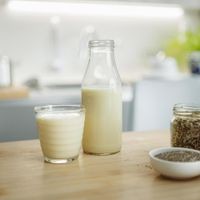
The soaking According to Axt-Gadermann, oat flakes contain a plant substance called phytate, which binds minerals and trace elements. This makes it harder for the body to absorb nutrients, says Dr. Axt-Gadermann, but there is a trick here too: “If you soak the oat flakes for at least 30 minutes, the phytates are broken down and the body can absorb minerals and trace elements better,” says the expert.
What is the healthiest breakfast? This is the most important rule
Basically, you’re not doing anything wrong if you eat porridge for breakfast. But there’s more to your diet: “Oats are good, but they don’t provide everything you need to start the day,” says Axt-Gadermann. “For example, they don’t contain folic acid, beta-carotene or vitamin C.”
So what would be the healthiest breakfast? For Axt-Gadermann, there is no single ingredient. However, monotony on the plate should be avoided in her opinion: “The best recommendation for a healthy diet is Variety and combination“, she says. This is the only way to provide the body with all the important nutrients. As a rule of thumb, she recommends that you eat around 20 different types of fruit and vegetables every week.
The nutritionist Carolin Kotke sees it similarly: “The perfect breakfast should be balanced and versatile “It is important that breakfast consists of a good combination of nutrients in order to provide the body with the best nutrition and strength for the day.”
According to Kotke, oat flakes form the perfect basis: “Oat flakes can be combined with berries, bananas or apples, for example, which provide us with minerals and antioxidants. Add one or two handfuls of nuts and seeds for healthy fats and proteins.”
Our expert
Carolin Kotke is a holistic nutritionist specializing in alkaline and nutrient-optimized nutrition. On her social media channels, she provides information about a healthy and mindful lifestyle. She also offers retreats and workshops and published the Spiegel bestseller “Eat well, feel better: The new acid-base formula” in 2022 and her book “eat colorful, feel better” in 2024.
In these cases, chocolate is allowed in the morning
According to Michaela Axt-Gadermann, you should and should enrich your breakfast with other types of grains in addition to oats. These include spelt flakes for muesli or rye bread as a much healthier alternative to white bread. The expert also recommends nuts, kernels and seeds such as walnuts, pecans or chia seeds: they contain healthy fats, especially omega-3 fatty acids.
Fruit – especially berries –, vegetables and nuts also contain Antioxidantsthat protect the body from cell-damaging free radicals during the day, says Axt-Gadermann. This should please chocolate lovers, because cocoa has a high antioxidant content. According to the expert, a little dark chocolate with a high cocoa content (at least 70 percent) is therefore definitely allowed in the morning.
For those who don’t want to eat carbohydrates in the morning, Carolin Kotke has an extra tip: “Greek yogurt with good probiotics and proteins, combined with nuts, seeds and berries, is a great choice,” she says. “But an egg dish with vegetables also provides us with valuable proteins to start the day fit.”
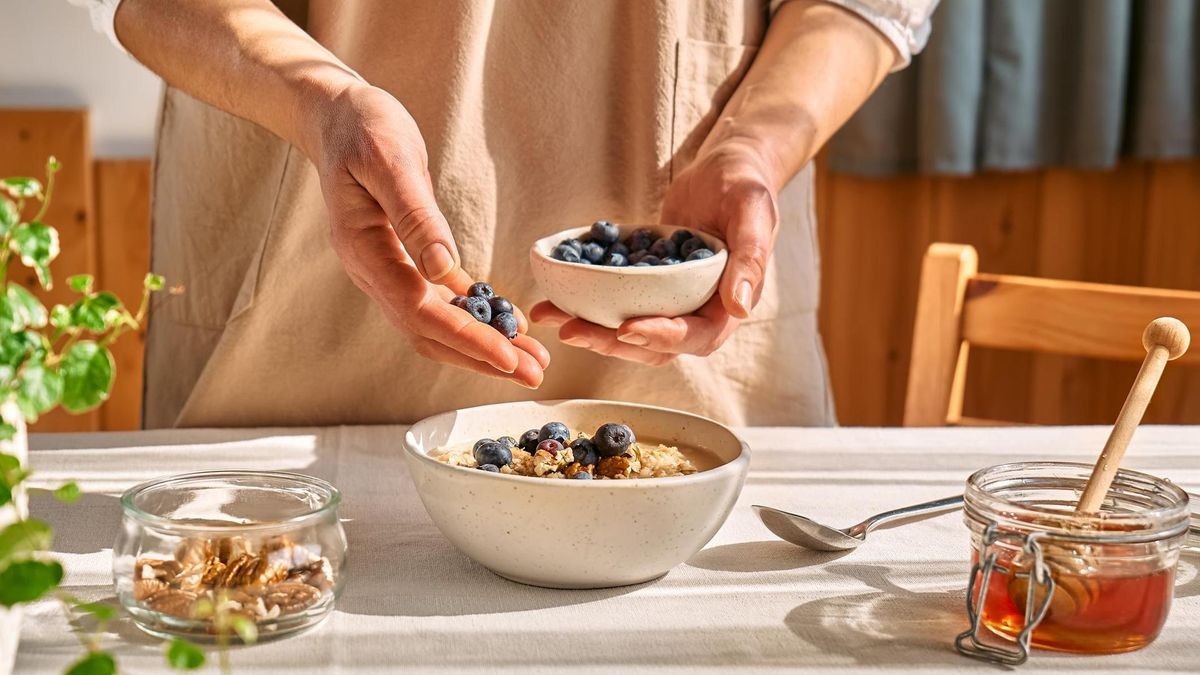
Porridge or yoghurt with berries and nuts provide the body with many important nutrients in the morning.
© Getty Images | Ekaterina Feduleva
How many cups of coffee a day are healthy?
Coffee also has strong antioxidant properties. Although it doesn’t have the best reputation, it is extremely healthy, explains Axt-Gadermann. It can therefore be an integral part of breakfast. At least three cups of coffee Drinking coffee daily can even have health benefits, says the expert: “Current studies show that coffee consumption is good for the brain. Those who drink coffee regularly can reduce their risk of Alzheimer’s and Parkinson’s.”
Due to the high antioxidant content, moderate coffee consumption can also reduce the risk of Arteriosclerosis and thus also reduce the risk of cardiovascular disease, Axt-Gadermann continues. She even recommends three to five cups. The plant substances (polyphenols) contained in coffee are also good for the microbiome and thus intestinal health.
What should you not eat in the morning?
But the nutrition experts warn: While we often underestimate the healthy effects of coffee, it is the other way round with other foods. This is especially true for hidden sugar traps“A common mistake in the morning is to only reach for simple carbohydrates – and unfortunately also for sugar, which is hidden in bread, spreads, yoghurt or ready-made muesli,” explains Carolin Kotke. “This means that we are only full for a short time, quickly become hungry again and tend to feel tired and sluggish.”
Axt-Gadermann even advises against three foods in particular:
- fruit yoghurt: “It often contains large amounts of added sugar. Natural yogurt without added sugar is a better choice.”
- granola bar: “High sugar and fat content. Oatmeal or cereal mixes are better.”
- Smoothies and Multivitamin juices: “They contain a lot of sugar – especially fructose, which is now considered unhealthy and can, among other things, damage the liver in the long term.”
This shows that many of our most popular Breakfast options are anything but healthy. However, if you want to do something good for yourself and your body, you can do so with simple and inexpensive changes: for example, a little fresh fruit in sugar-free porridge is often healthier than a glass of orange juice.

